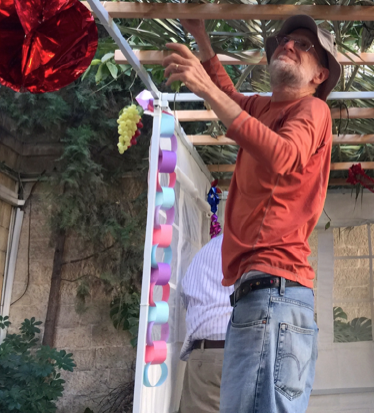Less But Better
Vance and Bethyl
We arrived in Israel for a couple of weeks to celebrate Sukkot, the Feast of Booths, with our Jewish friends. Sukkot means covering—perhaps a shack, tent, or the more eternal Glory that shimmers over us. Israelis build a temporary shack on Sukkot in their yard and camp out for a few days. There is wisdom here in backyards—or Christ Church in the service tonight (below).

G0d asks us to build fragile structures, as we ourselves are, to remind us of those times when we must trust in His companionship and not the stuff He gives us.
In times of scarcity we are commanded to have an abundance mentality. In these times we can choose to be bitter or better. It’s our call. We can always protest living out of suitcases, being flimsy beings with fragile structures to protect us. Or we can trust He is good even in the midst of dry, rocky sandscapes— covered only by leaves— through which we can see His stars.

I walk through the bazaars here in the Old City of Jerusalem and feel my fingers getting itchy. I want stuff, that narcotic that makes me feel permanent. Then reality gob-smacks me: I have no space to put it, no strength to carry it, no permanent home to furnish with it. I’m reminded of the statement by Emile Gauvreau: “I was part of that strange race of people… spending their lives doing things they hate, to buy things they don’t need, with money they don’t have, to impress people they don’t like.”
The book Essentialism describes well in three German words what my night vision is gradually learning to see, Weniger aber besser: less but better.
